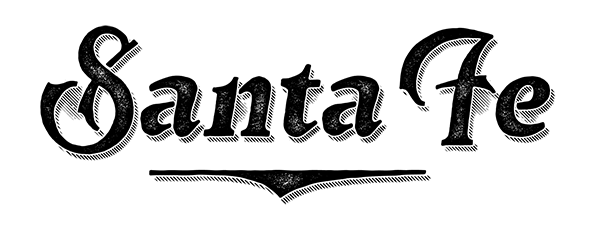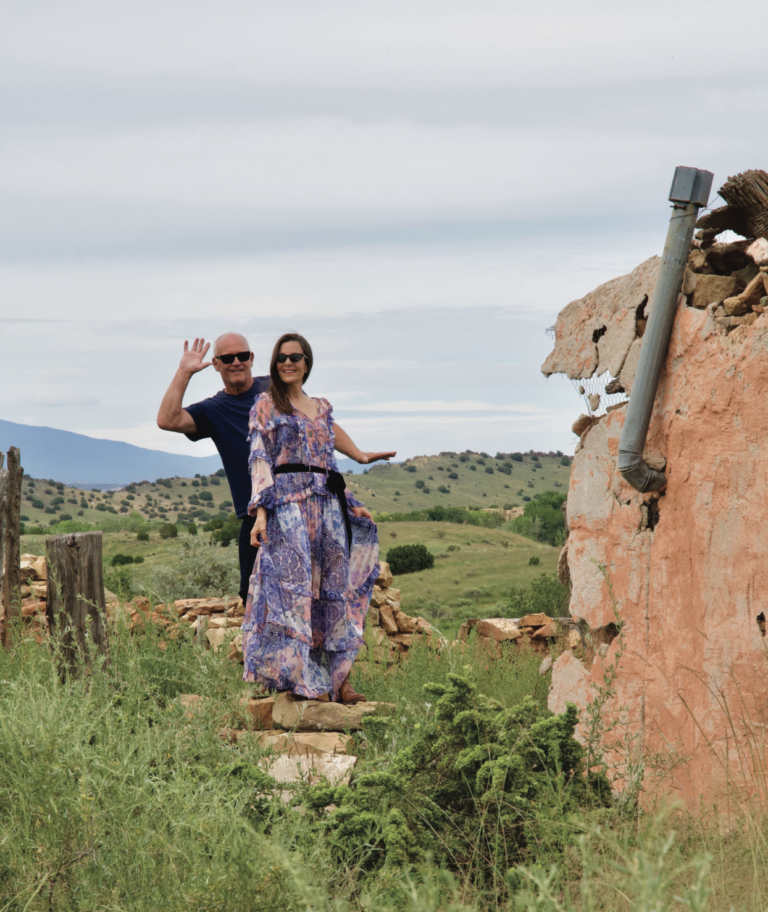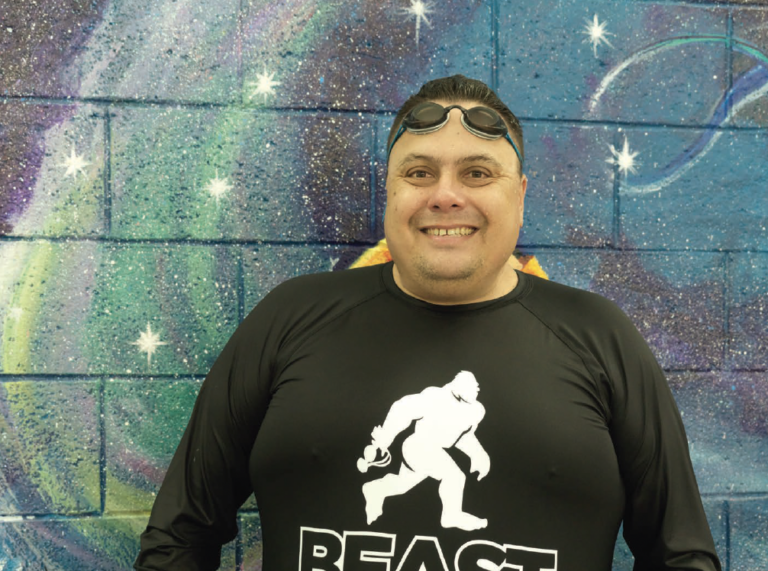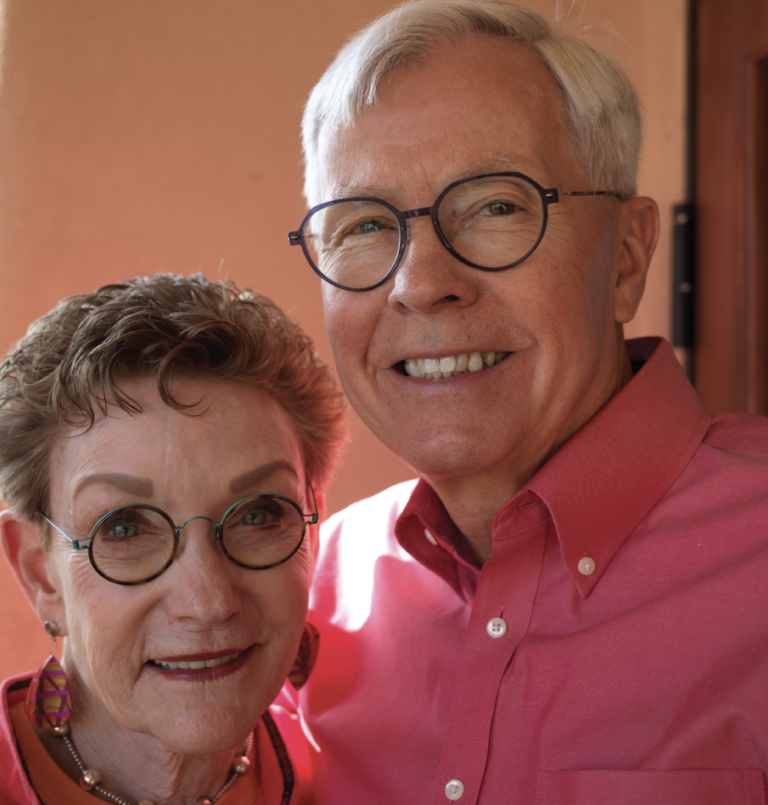I CAN’T REMEMBER THE LAST TIME the sound of someone’s voice brought me such a sense of well-being.
Henry Shukman is a Zen teacher, poet, and travel writer. If you have the chance, you’ll probably want to read what he has written and maybe take a class to experience him in person.
That voice – resonant with rhythm and an internal sense of pacing. You hear knowledge and heartfelt wisdom all accomplished through hard work, suffering, and determination. At the same time, there’s this ongoing riff on his own flaws and failed efforts, as if he always wants you to be in on the joke. And that joke is his ongoing source of mirth, humility, and amusement. So you know you can trust him.
How has meditation changed you?
Suddenly, the feeling of our relationship with the world dramatically changes, and we don’t feel separate from it. We don’t feel like a separate observer going through life. We feel more like we’re part of one greater whole, and the sense of separateness disappears.
You had this amazing experience on the beach when you were nineteen.
Exactly. I suddenly found that my whole normal way of constructing experience and reality had been really missing something. I could see that I was part of a great whole. It was an incredibly, overwhelmingly beautiful thing.
So I’d had this weird experience when I was nineteen that I couldn’t understand, couldn’t integrate into my life, and I just knew that on some level it was true. It actually took me a number of years to begin to find the paths to actually addressing it, and it was very painful to not know what to do about it.
Eventually, I found my way to meditation. It was transcendental meditation at first, but it didn’t really address what the hell that strange experience had been. But as soon as I discovered Zen, it was clear that somehow that tradition knew all about that experience and knew there was a way of revisiting it and integrating it into life.
I see the main project for most of us in meditation is to become a little more at ease in life and to acquire capacities like patience. It’s a sense of acceptance and letting things be the way they are.
And there is another whole project that it can address, which is an existential exploration: What is this existence we’re having? Who am I? What is life? What is death? Well, we may never know the answer to those questions, but we can get new perspectives on our experience that are shocking and marvelous.
You distinguish between knowledge and wisdom. Is your knowledge growing? Is your wisdom growing? Do you feel like you’re maybe getting a little smarter?
I’m getting less smart.
But I don’t mind that much. I don’t really mind at all. I could say I’m probably wiser than I used to be, which isn’t saying a hell of a lot; but I’m a little bit more at home in the present moment.
I’ve been lucky to find some great teachers along the way. One in particular was a humble, modest, under-the-radar guy quietly leading quite an interesting group of people in New Mexico. These were random folks who would gather every couple of weeks to sit together. They were very unobtrusive, just quietly doing their thing.
That’s important because there are people in a lineage who can feel superior because they’re in a lineage, and there can be an arrogance in that. But if it’s done right, there can be a humility where you don’t think you’re greater than the lineage you’re part of. I was lucky to fall in with this great group of people, one of whom was the Zen writer Natalie Goldberg.
It was through her that I got interested in Zen. She was part of a little temple on Cerro Gordo, which is now part of Upaya. It was just a small, simple, bare room. There was no fanfare, no grandiosity, no gods, no garlanded guru. Just simple.
WANT TO READ MORE? SUBSCRIBE TO SANTA FE MAGAZINE HERE!
Photo SFM








